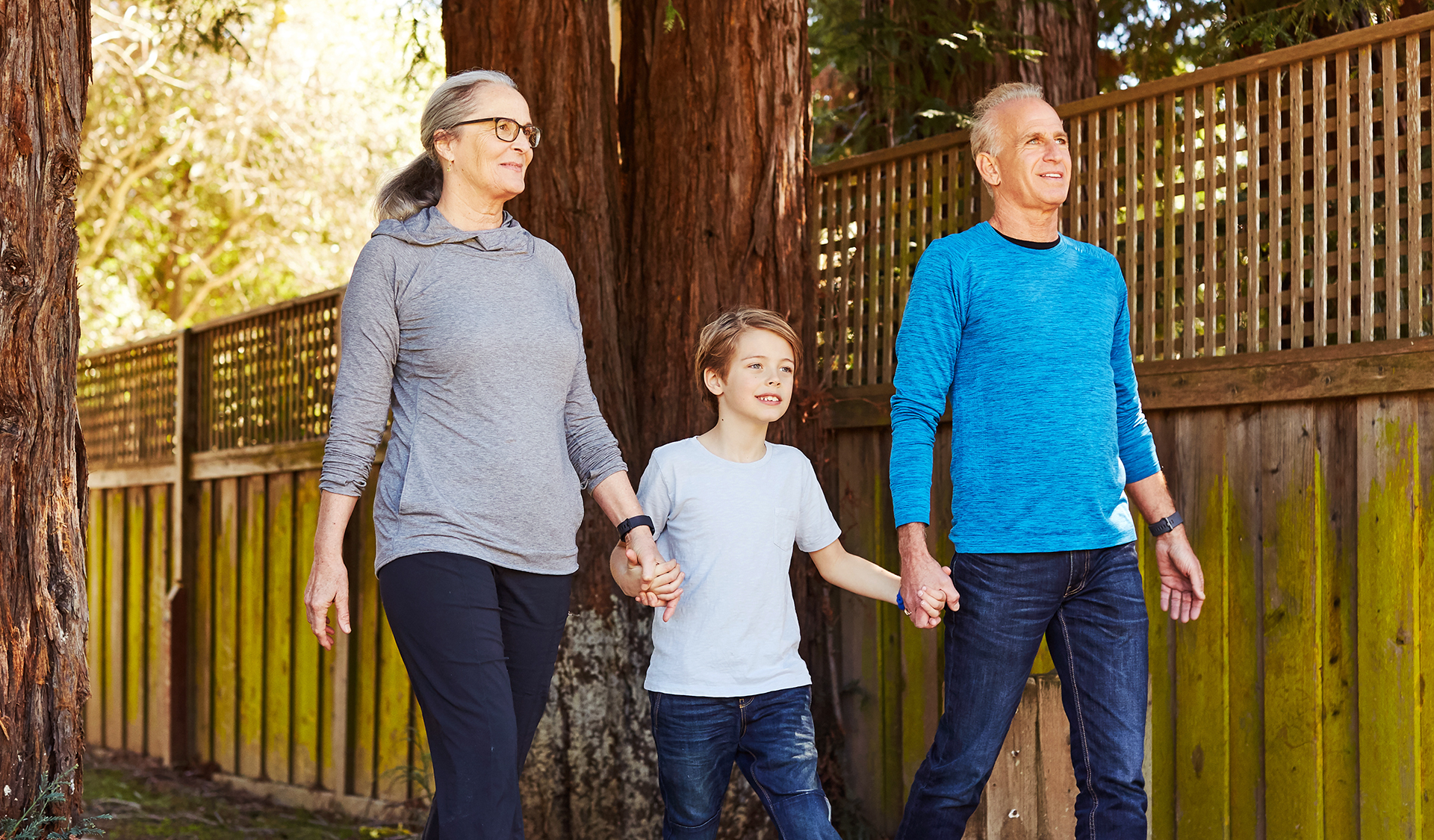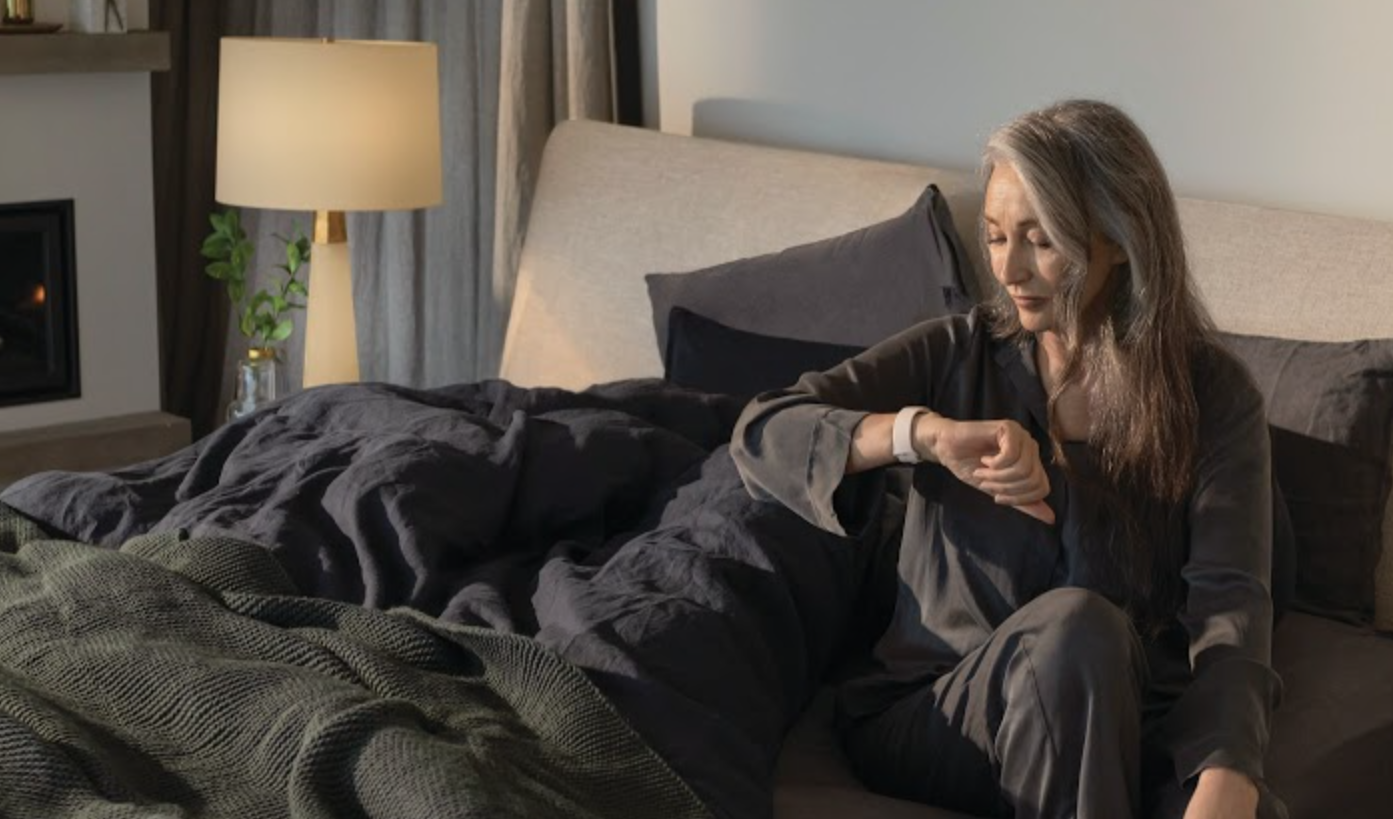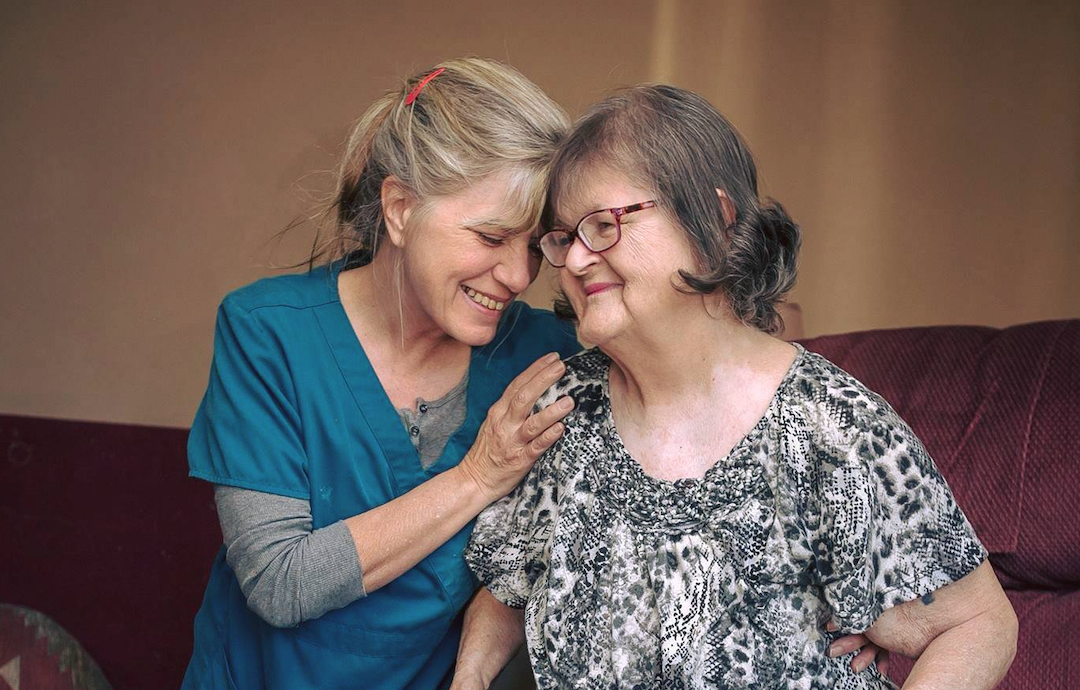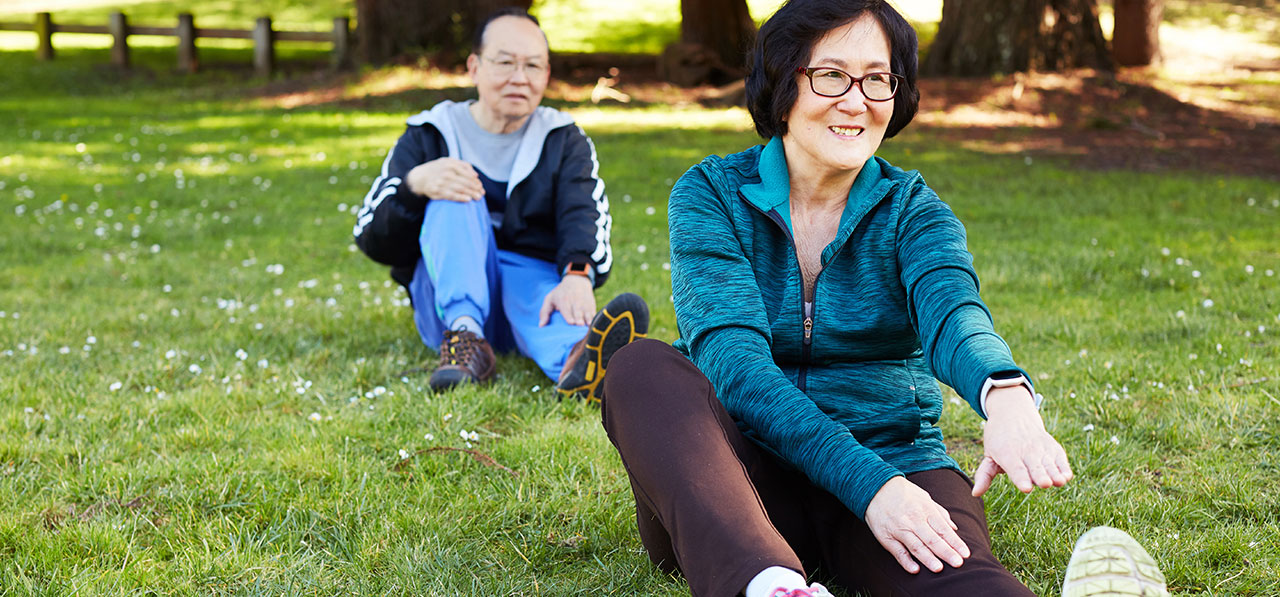The Value of Social Connectedness for Older Adults
Social connectedness is essential for health and wellbeing at any age, and it may be especially important for promoting health later in life. Older adults are at increased risk for social isolation because they are more likely to face factors such as living alone, the loss of family or friends, and chronic illness. And in today’s environment of social distancing, we are further challenged with needing to consider new ways to stay in touch and remain physically active.
Let’s take a quick look at the value of maintaining social connections among your older members and the role social connectivity can play in promoting a healthy life, both mentally and physically.
Social Connectedness Improves Older Adults’ Quality of Life
According to an in-depth report on aging and health from the World Health Organization, social connectedness is a key that enables older adults to age more successfully. Staying socially connected may result in positive health benefits, including:
- Disease prevention
- Lower rates of anxiety
- Stronger immune system
- And improved cognitive function.
Other research shows that strong social connections are linked not only to a better chance of staying physically healthy, but having increased longevity. Specifically, one study that included more than 308,000 participants found that participants with strong social connections had a 50 percent increased likelihood of survival across age, sex, and initial health status.
Social Connectedness Is an Important Component of Mental Health
Social connectedness is a positive contributing factor to wellbeing, and studies show a correlation between mental health and levels of connectedness. In an AARP survey, midlife and older adults diagnosed with mental health issues, such as anxiety, depression or another mood disorder, had the highest rates of loneliness. And older adults reporting social isolation or loneliness show poorer cognitive function 4 years later, after follow-up testing.
Social connectedness may also help protect your senior members against future depression, even helping to prevent depression relapse. The World Health Organization report highlights that “reciprocal relationships are important for an older person’s sense of self-worth and as a motivator for continued social engagement.” The CDC has also identified social connectedness as one of the factors that may help prevent suicide, an influence seen in all age groups, including seniors.



